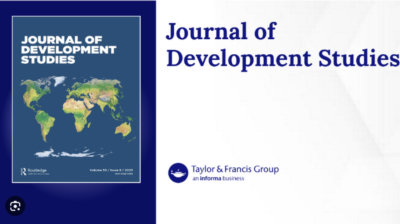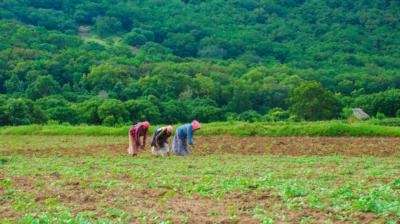Farm households and nonfarm activities in Ethiopia: Does clustering influence entry and exit?
This article examines how clustering affects the entry and exit decisions of farm households into and from nonfarm enterprises in rural Ethiopia. We find that the existence of clusters of microenterprises in the same district increases the likelihood of a rural household to start a nonfarm enterprise. Similarly, clustering of big manufacturing firms in the same zone is found to increase the likelihood of farm households to start a nonfarm enterprise. Nonfarm enterprises operating in clusters are also found to have a lower probability of exit than those operating outside of clusters. The study further investigates the impact of entry and exit into and from nonfarm enterprises on farm household's well-being using as indicators total household income, the food security status of a household, and the household's ability to raise enough money in case of emergency. Using propensity score matching to account for selection bias, we find that entry into nonfarm enterprises significantly increases household's income and food security status. Exit from nonfarm enterprises, on the other hand, is found to significantly reduce household's income.






